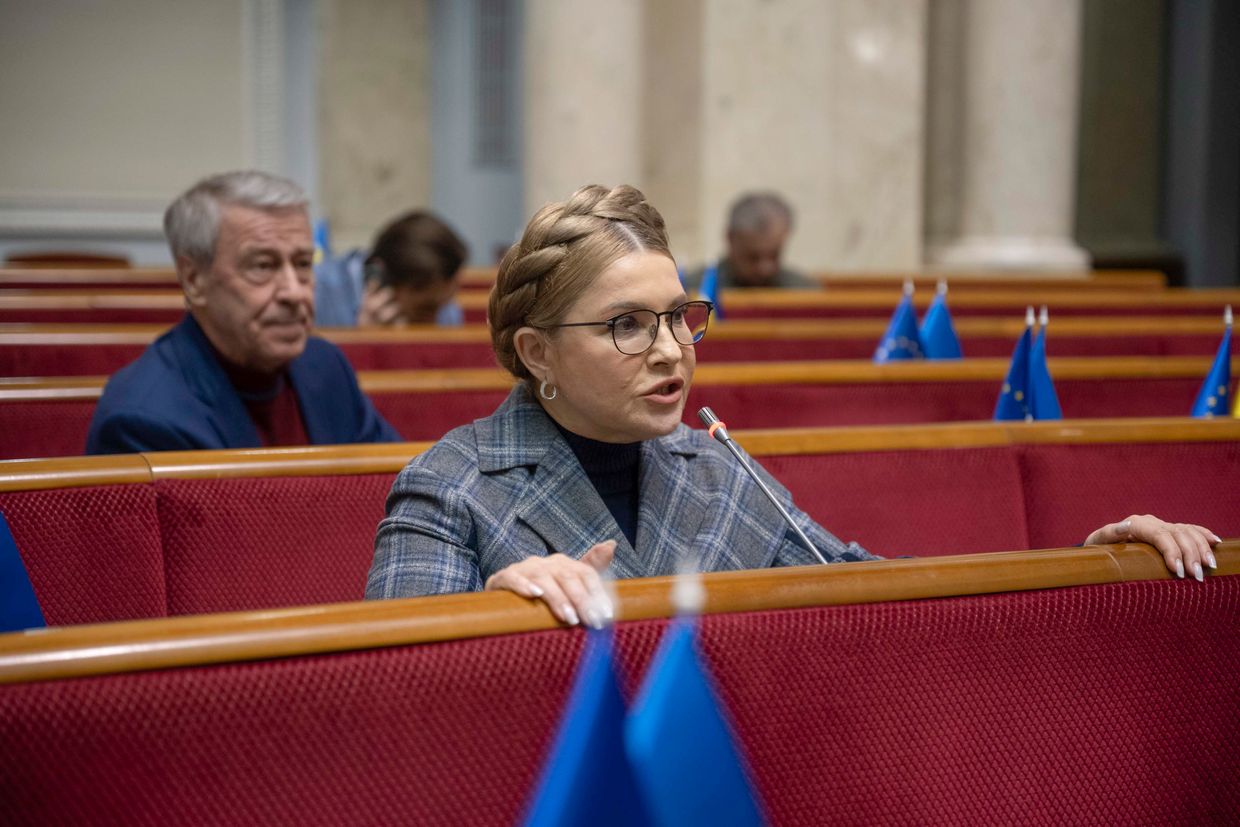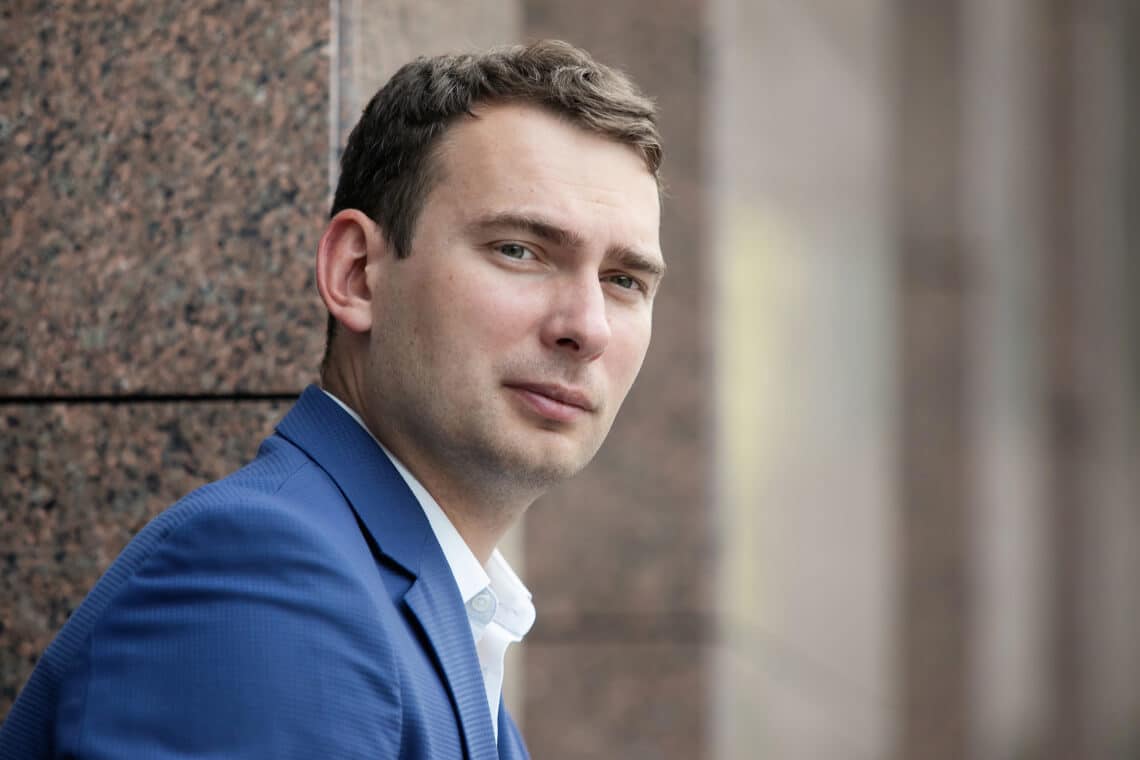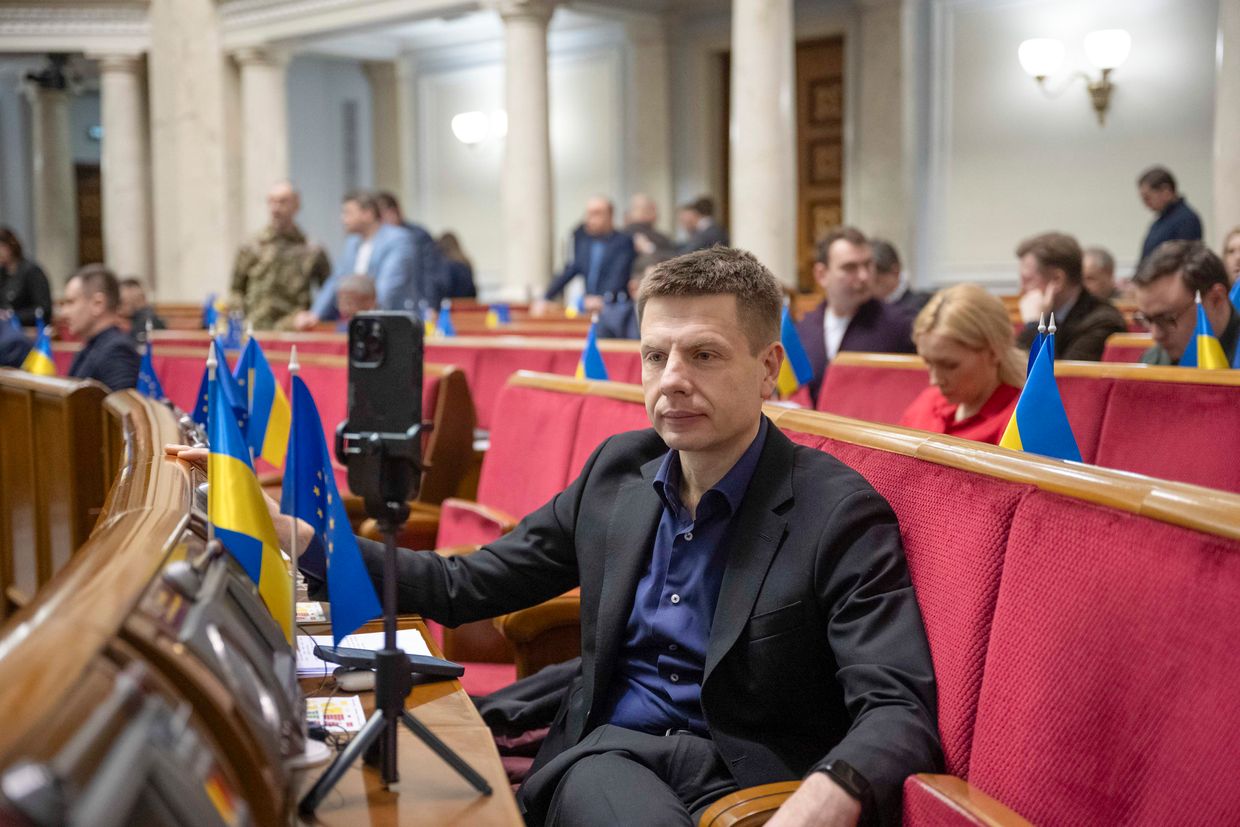Elections were canceled. Martial law gave new wartime powers to the presidential office. The main opposition party in Congress was banned after the full-scale invasion.
More than two years after Russia’s full-scale invasion, Ukraine’s opposition parties have weakened but continue to exert influence over Ukrainian politics, experts say. President Volodymyr Zelenskiy and his party still control parliament, but other lawmakers continue to exert some influence over Ukraine’s public and international stance on the issue.
Moreover, an active civil society serves as another check on President Zelenskyy’s legislative and executive powers.
“You can’t ignore the role of the Ukrainian opposition, like you can in Russia, for example,” said Oleksiy Kharan, a professor of comparative politics at Kyiv-Mohyla University.
“The full-scale invasion and martial law – which the opposition also supported – certainly focused all attention on the president and the commander in chief,” Haran said.
At the time, Zelenskiy’s popularity was soaring and there was a “tacit agreement” not to criticize the government too much, Haran said, but “now I think the role of the opposition is starting to increase again.”
2019: New parliament forms with ‘monomajority’
Ukraine’s opposition was already weakened before the full-scale invasion began, thanks to a landslide victory in 2019 parliamentary elections that gave Zelensky’s Servant of the People party a majority (usually called a unitary majority in Ukraine).
Although only 226 votes are needed to pass most bills, his newly formed party came to power with 254 seats. The number of seats has since decreased; some seats can only be filled through elections, but elections have been suspended, and lawmakers have resigned, been dismissed, promoted, or in some cases passed away. But the number of seats held by the Servant of the People Party remains above the 226-seat majority threshold for a single party.
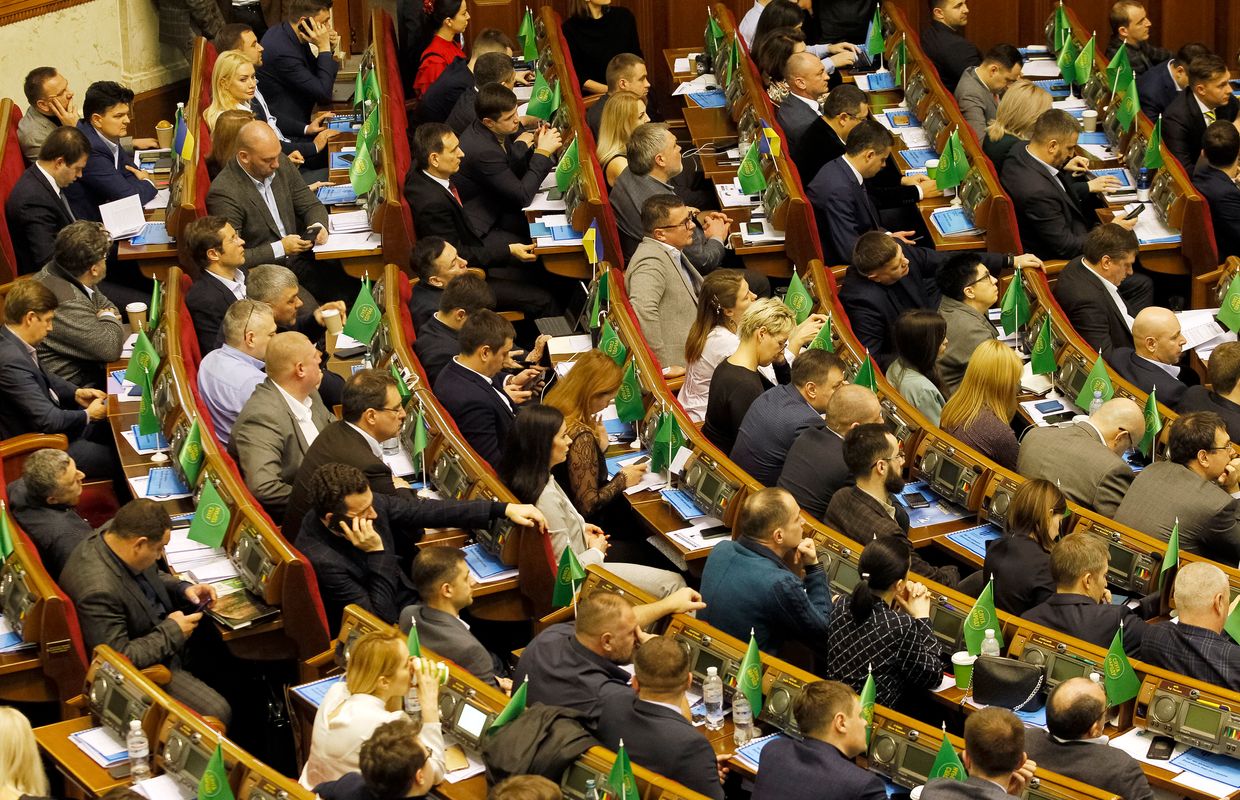
The landslide victory was a unique one in the history of Ukraine’s post-Soviet democracy, allowing Zelenskiy to govern without the coalition-building that had been required in previous parliaments.
But opposition leaders continued to propose bills and used their own policies to shape the national debate.
For example, in 2019, opposition leaders helped stoke public anger when President Zelensky was discussing a potential peace deal with Russian President Putin.
Zelenskyy’s predecessor, former President Petro Poroshenko, was particularly critical, labelling the plan “Putin’s way”, signing a joint statement with two other opposition leaders stating that they would not demand concessions, and publicly addressing a crowd of several thousand at a rally in the capital against Zelenskyy’s peace talks.
Ultimately, President Zelensky abandoned the plan.
In Zelensky’s first few years in office, his main political rival, Poroshenko, tried to portray Zelensky as someone who could make concessions to Russia and to present himself as more patriotic than Zelensky. But when Russia’s full-scale invasion began in 2022, that strategy fell apart and Zelensky became a symbol of Ukraine’s struggle against Russia.
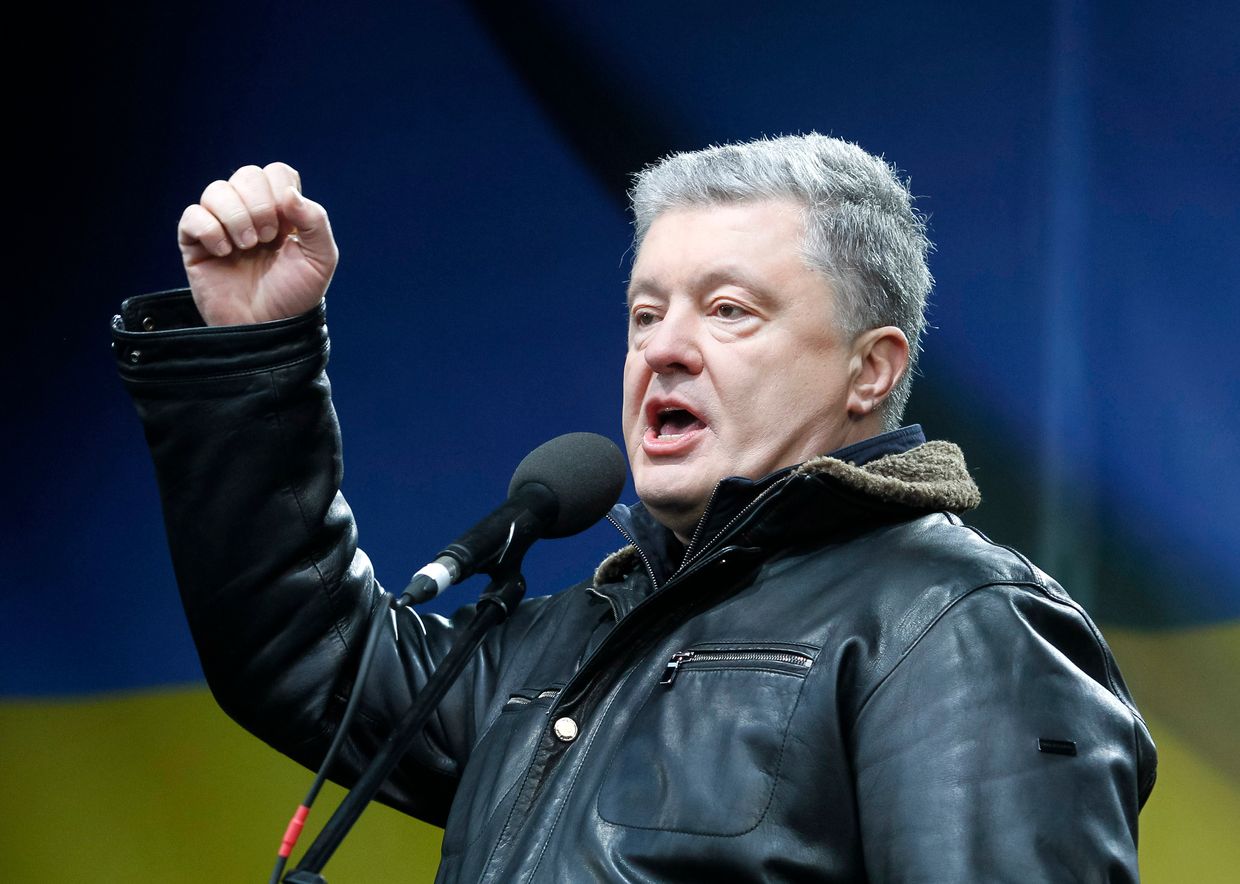
2022: A new political landscape
A full-scale Russian invasion in 2022 changed the political landscape overnight.
When Russian troops invaded on February 24, 2022, President Zelenskyy immediately declared martial law and was supported by the public, including politicians from various parties. Bills to extend martial law and a series of bills to put the country on a war footing have garnered near-universal support across the political spectrum.
“There was an agreement in Ukrainian society that, whatever our political stance, we are all one Ukrainian people,” Haran said.
Another political fallout from the invasion was that Ukrainian elections were cancelled, allowing Zelenskyy’s party to hold power until martial law was lifted, though even Zelenskyy’s opponents acknowledge that holding elections during all-out war is logistically impossible, and martial law has been extended every 90 days since 2022.
A month after the invasion, President Zelensky announced the banning of 11 pro-Russian parties, including the opposition Platform for Life, which at the time held 44 seats, the largest proportion of seats in parliament after Servant of the People. A Ukrainian court later ordered the seizure of the party’s assets, but many of its lawmakers continue to serve in parliament under other banners, mostly keeping a low profile.
Who are the opposition today?
“In the first months after the invasion, there was a verbal agreement that all factions and groups in parliament would stick together,” said Oleksandr Saryzhenko, a parliamentary analyst at the nonprofit political monitoring group Chesno. “But of course, this coherence and agreement didn’t last long.”
Saryzhenko said parliamentary unity weakened after the initial counterattack pushed fighting away from the north and the capital, shifting hostilities to Ukraine’s east and south.
In addition to the divisions within the party, there are signs of rifts within Zelensky’s own party.
“Of course, the parliamentary consensus remains – it’s not as strong and broad as before, but it still exists,” Saryzhenko said, noting that opposition forces in particular have signaled that they support bills such as defense priorities but not decisions regarding government appointments.
“There is an opposition in the Ukrainian parliament. The opposition is very active, it is coherent and it has its own agenda that its deputies put forward,” Saryzhenko said.
Following the banning of the opposition platform “For Life”, a few major opposition parties, along with smaller groups and independent politicians, control most of the remaining opposition votes.
European Solidarity, Mr Poroshenko’s pro-European integration party, has been the president’s fierce rival since Mr Zelenskiy was defeated in the 2019 election. Mr Poroshenko has expressed his intention to run again in the next presidential election but has stressed that elections must wait until the end of the war. Ahead of the full-scale invasion, law enforcement agencies have filed several cases against Mr Poroshenko, raising concerns of political persecution.
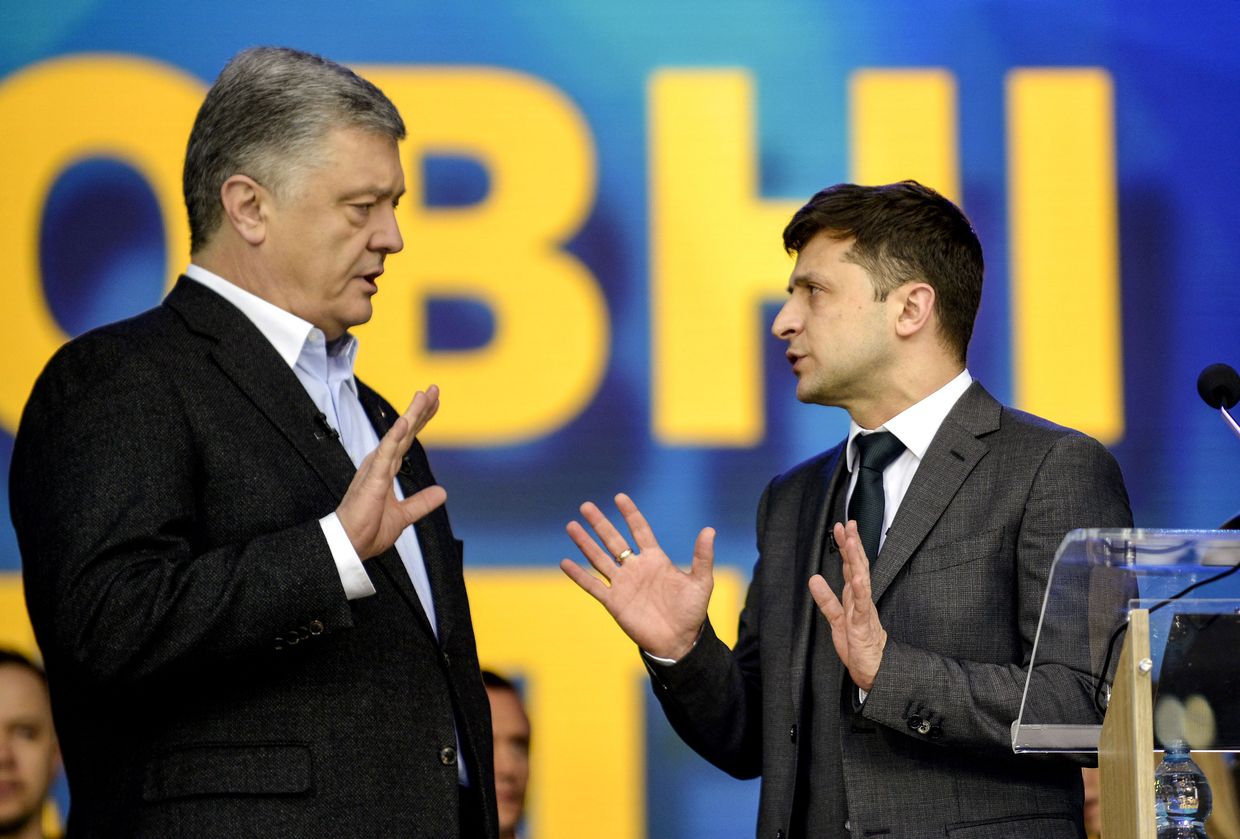
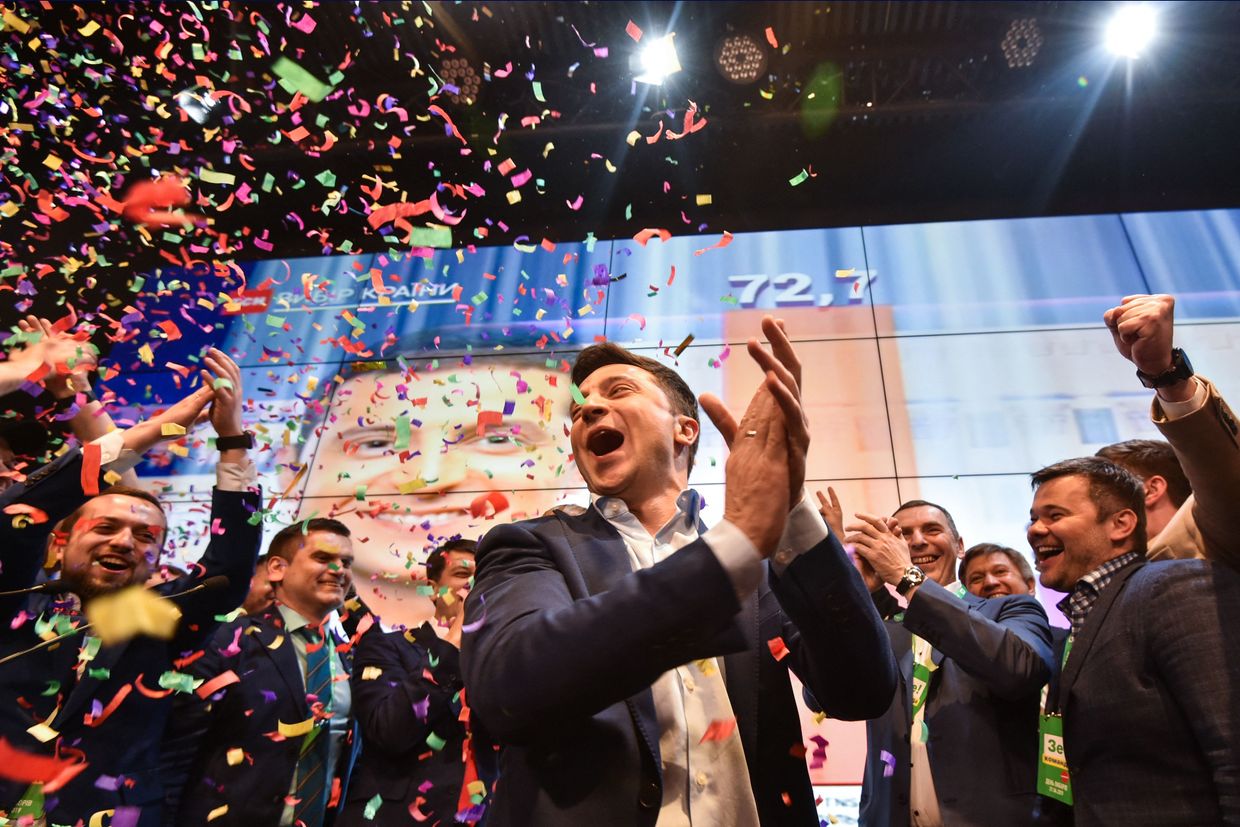
The populist and somewhat pro-European Batkivshchina (Fatherland) party is led by Yulia Tymoshenko, the former prime minister who led the 2004 Orange Revolution and whose election victory by Viktor Yanukovych was annulled following reports of electoral fraud.
The Holos (“Voice”) party was elected in 2019 as the only liberal party in parliament, but in 2021 it split into two groups, Holos and Spravedlivist (“Justice”), due to disagreements between party leaders. Holos has lobbied both at home and abroad to advance Ukraine’s anti-corruption laws, and has also introduced a counter-bill that would be tougher on corruption than the ruling party’s version.
Opposition parties have also acted as a major check on the power of the majority by promoting parliamentary transparency. During the crucial wartime parliamentary sessions (which remained closed to the public), Oleksiy Honcharenko of European Solidarity and Yaroslav Zheleznyak of Holos provided regular updates on parliamentary decisions and operations.
According to data collected by political monitoring group Chesno, lawmakers from now-banned pro-Russian parties are among the most reliable supporters of President Zelenskiy’s policies, measured by parliamentary votes.
“In our country we say ‘changing shoes’ when you suddenly change positions,” Saryzhenko said. “Just a few months after the full-scale invasion, they started changing shoes. You can see this in their rhetoric too, they started speaking Ukrainian (instead of Russian) and talking about European integration, which they had previously rejected.”
Some believe this is perhaps an attempt to save their political careers and ease backlash over their previous Russian support in future elections.
“I think they are actually trying to be very loyal to the government because they are scared of the future,” Haran said.
The future of the opposition
If the war ends, Ukraine will experience a dramatic restructuring of its political landscape. Peace would mean an end to martial law and automatic elections, probably within six months.
The new political force could take the form of organized parties led by prominent wartime volunteers or soldiers returning from the front, Harran suggested. “But at the moment it’s all in doubt. It’s too early to say what will happen.”
But he said he was confident Ukraine would remain democratic and avoid any attempt to monopolise power, thanks to its history of pluralism and a strong media culture and public criticism of leaders that continued through the war.
“Ukrainians don’t want a dictatorship. They are strong supporters of democracy,” Haran said.


